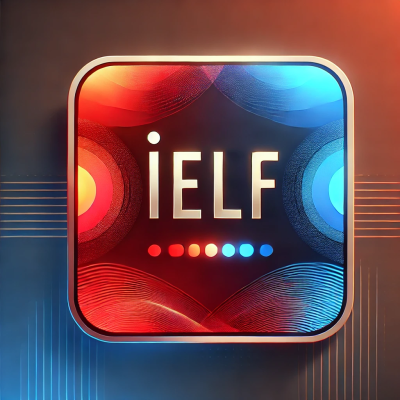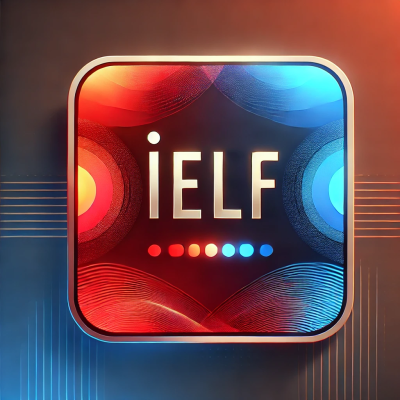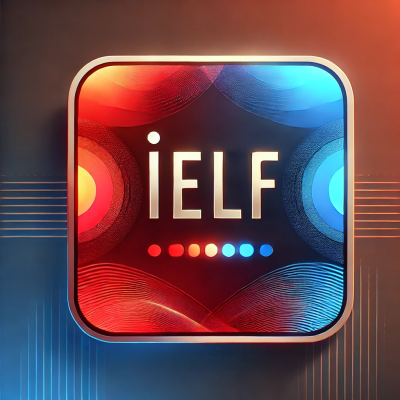Courses


 Compare
Compare
At the Expert level, learners are expected to demonstrate a level of fluency comparable to that of a native speaker, with a comprehensive mastery of complex language structures and advanced vocabulary.
12 Lessons
00:15:00 Hours

 Compare
Compare
The objective at the Near-Expert level is to refine advanced language skills to the point of near-native fluency.
12 Lessons
00:15:00 Hours

 Compare
Compare
Proficiency-level objectives are oriented towards preparing learners for sophisticated discourse within academic and professional settings.
16 Lessons
00:15:00 Hours

 Compare
Compare
The Advanced level seeks to equip learners with the skills to communicate effectively and express complex ideas with clarity in diverse, multifaceted contexts.
22 Lessons
00:15:00 Hours

 Compare
Compare
This stage targets an enriched understanding of abstract ideas and subtle nuances in language use.
24 Lessons
00:55:00 Hours

 Compare
Compare
Objectives at this stage include enhancing candidates’ ability to engage in structured discussions, understand straightforward narratives, and write short essays.
25 Lessons
00:23:00 Hours

 Compare
Compare
Objectives of the level 3 includes advancing vocabulary and sentence structure knowledge, enabling learners to construct short, coherent paragraphs and engage in brief discussions on familiar topics.
59 Lessons
01:06:00 Hours

 Compare
Compare
The objective is to enable candidates to navigate familiar situations with limited support, reinforcing their comprehension and use of phrases applicable in routine contexts.
59 Lessons
01:06:00 Hours

 Compare
Compare
International English language fluency at the beginner level focuses on helping learners develop basic skills in speaking, listening, reading, and writing in English. At this stage, learners begin to understand and use simple vocabulary, phrases, and sentence structures for everyday communication. The emphasis is on building confidence and familiarity with common expressions, greetings, and basic grammar. Beginner-level fluency provides a strong foundation for further learning, enabling learners to engage in simple conversations, understand basic instructions, and interact in common social situations.
59 Lessons
01:08:00 Hours